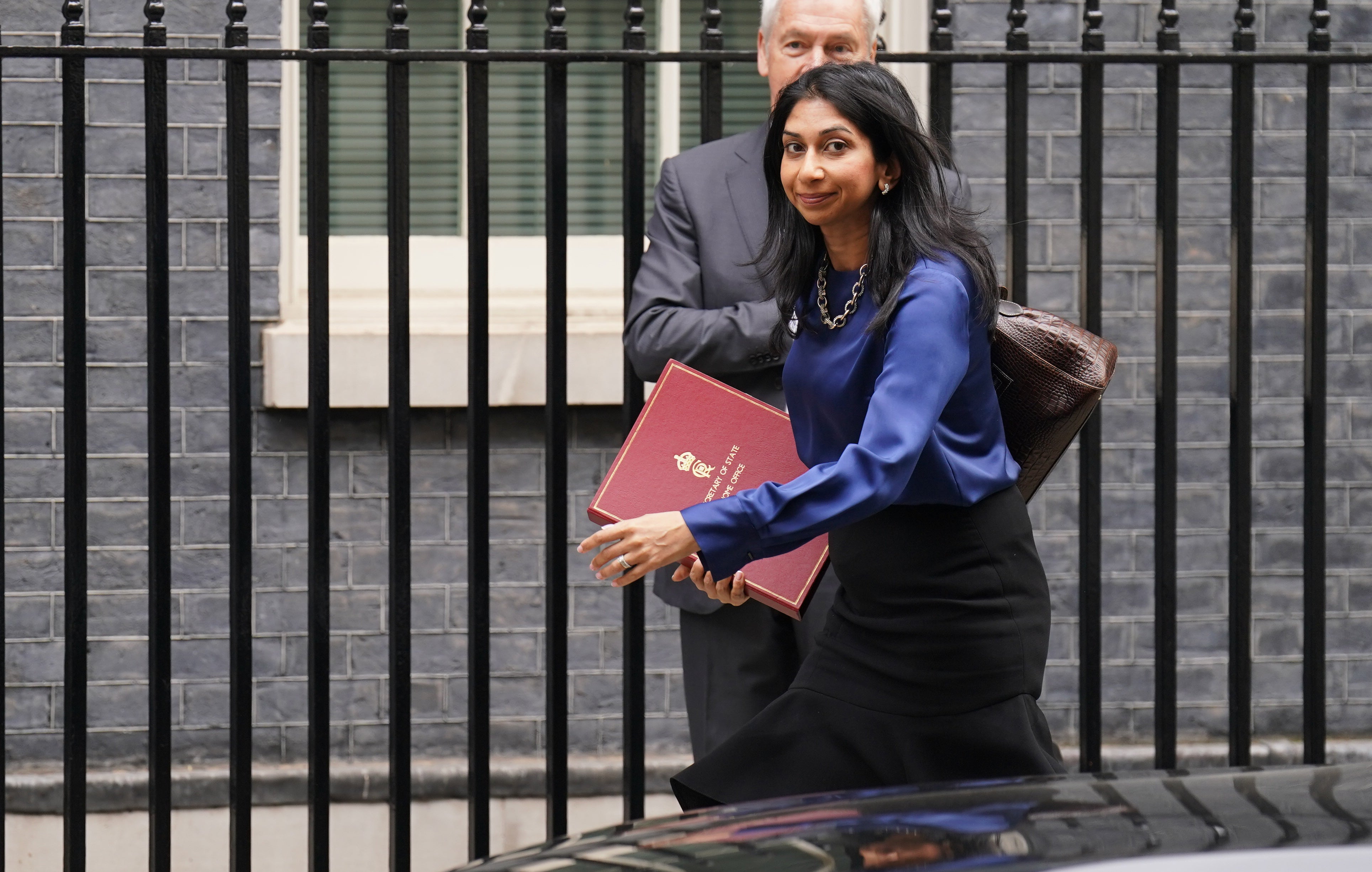
Eviction notices have been sent to thousands of Afghans brought to the UK during the Kabul evacuation, warning that they will become “trespassers” if they fail to leave Home Office accommodation by the end of August.
The refugees, who came to the UK via the government’s resettlement schemes, were told they must start searching for private rented accommodation because the government could no longer help with housing. The vast majority will not be offered an alternative place to live and will be expected to support themselves.
All 8,000 Afghans living in bridging hotels were scheduled to receive their eviction notices by the end of May, The Independent understands. The notice gives them three months to move out before they are evicted at the end of August.
One notice sent to a hotel housing around 250 Afghan families in West Sussex last week said: “If possession is not delivered up by the Notice Expiry Date, you will be a trespasser, and the Secretary of State for the Home Department shall be at liberty to evict you from the Property.”
Charities and Afghan refugees have raised concerns about the “find your own accommodation” pathway, which is meant to help people to source private rentals.
They say high rents and the competitive nature of the housing market mean that refugees are struggling to find places to live. Those facing eviction have been resettled in the UK under the government’s Arap and ACRS schemes, designed for those who supported the British effort in Afghanistan.
Local authorities have received £35m of new funding to help them support Afghans in hotels and deal with potential homelessness, and the Local Authority Housing Fund was also expanded in March, making £250m available to councils to buy new homes.
However, the Local Government Association, which represents councils across England and Wales, said that “urgent clarification” is needed on the plans.
It said that greater engagement with councils is needed on the funding, and on contingency plans for what could happen if households fail to find accommodation, “especially given an acute shortage of housing, particularly for large families”.
Charity Refugee Action is supporting more than 200 Afghans who are currently living in a hotel in the North West. They include more than 100 children or dependent adults, and some who worked with the UK armed forces as interpreters before the fall of Kabul.
Tim Naor Hilton, chief executive at Refugee Action, said it was “appalling the government is threatening to evict thousands of people, including children, onto the street”.
He added: “These letters are having a huge impact on the mental health of people who have already suffered trauma and who have been living in limbo in hotels for almost two years. No one should be evicted without first having a home to go to.”
Mark Davies, from charity the Refugee Council, said Afghan families were being forced to move out without being offered any suitable alternative.
He said: “It is unfair and unrealistic to expect Afghan families, who have already been through so much, to find adequate and affordable housing on their own, particularly given the current challenges in the housing market.”

A Home Office spokesperson said: “Hotels are not, and were never designed to be, suitable long-term accommodation for Afghans resettled in the UK. That is why we have announced a plan, backed by £285m of new funding, to speed up the resettlement of Afghans into long-term homes.
“Where available, the government will continue to make offers of suitable housing, which we strongly encourage Afghan families to accept. Where an offer cannot be made or is rejected, increased government support is available to help Afghans find their own homes and begin rebuilding their lives here.”







